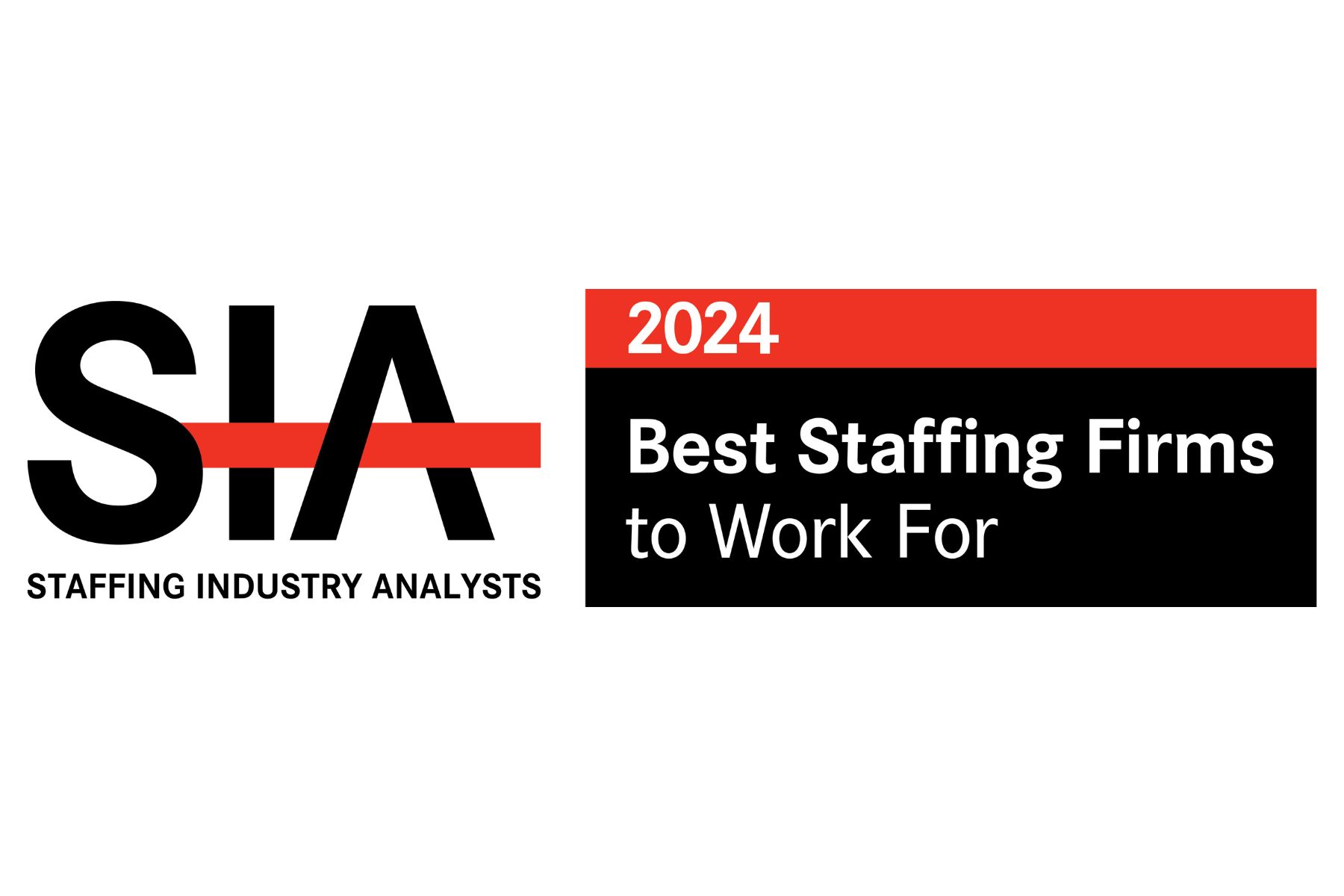Are you a current job hunter who has come across a job opportunity that looks promising and matches your skills and experience, but then you read that it is a contract role and it makes you wonder—is this the right type of role for me? What is it about contract work that makes you nervous?
As with any job opportunity, it is important to weigh the pros and cons, and contract roles are no exception. That being said, working in a contract role has many benefits and opportunities and can be very rewarding.
Let’s talk about what it means to work in a contract role and the benefits.
What is a contract role?
Here are some things to know about contracting:
- Contract jobs are for a specific type role for a set period of time. Both the length of the contract and the pay rate are predetermined. Sometimes contracts are extended for longer periods of time or companies may offer you a permanent full-time role.
- Contract jobs can be short or long—from weeks to months to years.
- All sorts of jobs can be on a contract basis—it just depends on the company’s needs and budget.
What are the benefits of working in a contracting role?
Here are some of the benefits to being a contractor:
- Contract jobs can offer higher pay and a higher earning potential since they don’t usually offer benefits and are paid on an hourly basis. There are some companies (like TM Floyd & Company) that do offer benefits to their contractors, but the wage is salaried and not as high as the hourly wage.
- Contract jobs offer flexibility and the opportunity to build your own career path and learn new skills.
- Contract jobs offer a chance to test out a new role or company. It is also an opportunity for the company to test you out as well.
- Contracts offer the chance to work on a variety of different projects and for different companies. This helps you gain experience and skills that can help you advance your career.
- Contract jobs can offer an improved work/life balance. You may be able to set your own hours if your role is flexible—just remember that if you are paid hourly, you only get paid for the hours you work.
- As mentioned already, contract work may turn into permanent full-time work and sometimes an opportunity to grow your career with a company.
- You may have less competition for a contract job because they are not right for everyone—especially someone who needs benefits for themselves or their family.
Downsides of working as a contractor
There are some downsides to working as a contractor that you may want to consider. Here are a few:
- You may not feel as “connected” to your coworkers or the company since you are only there for a limited time.
- You won’t have access to health benefits, 401(k), disability, paid time off, or parental leave (but check with the company, as some do offer benefits—like TM Floyd & Company does).
- You may feel stressed about looking for your next gig knowing that your existing one has an end date.
Working in a contract role can be very lucrative and fulfilling as you are often filling an urgent and immediate need for a company. These types of roles are frequently posted through a staffing or recruiting company like TM Floyd & Company. If you would like to know more about our current contract roles, reach out to us and let us help you. Or check out our job board, updated daily, with our current opportunities, which includes many contracting roles.
Resources
Contract Versus Full-Time Employment: A Comparison for IT Professionals in 2019
The Key Differences Between a Consultant and Contractor: Which Makes Sense for Your Career?

















